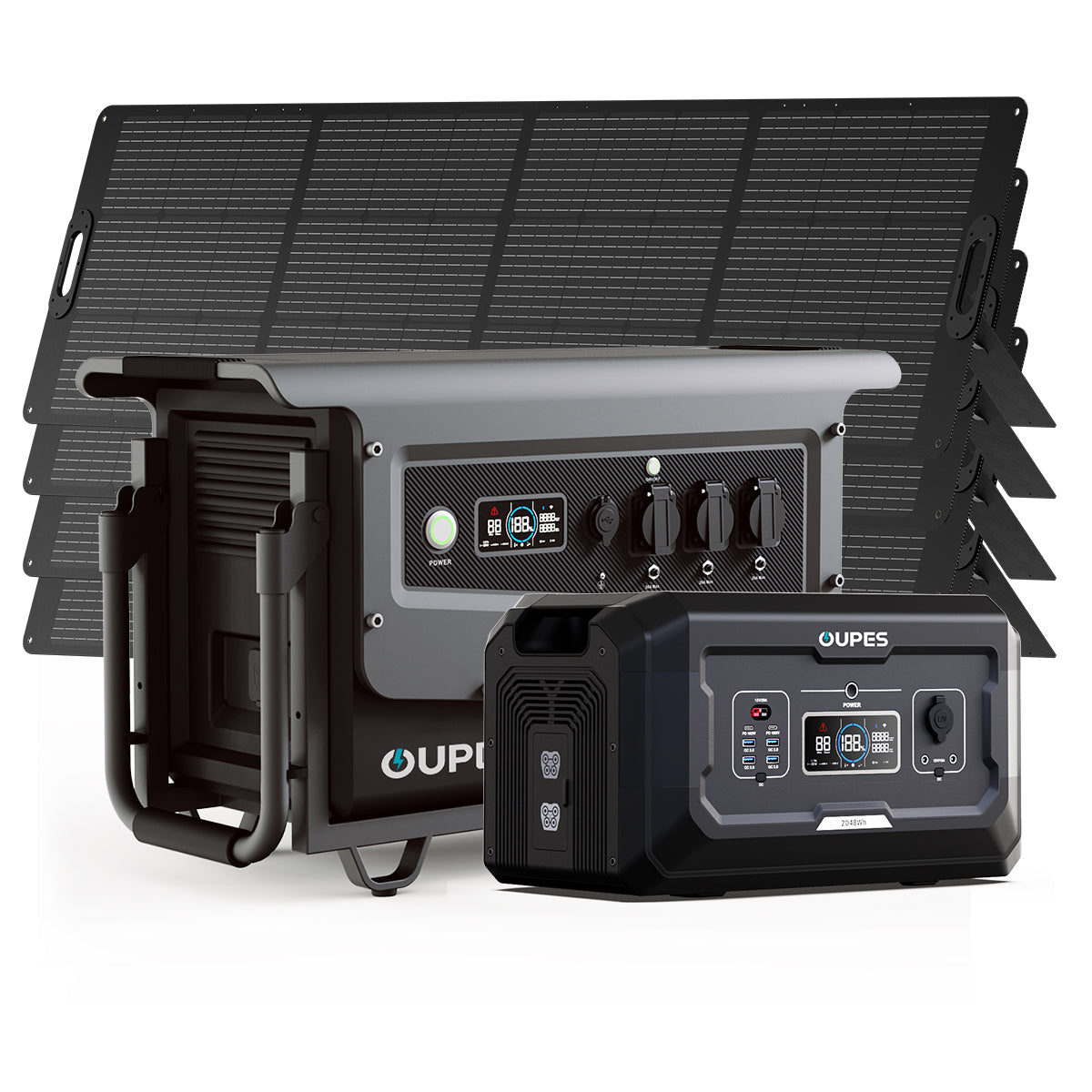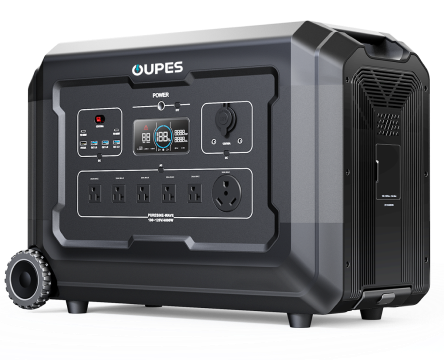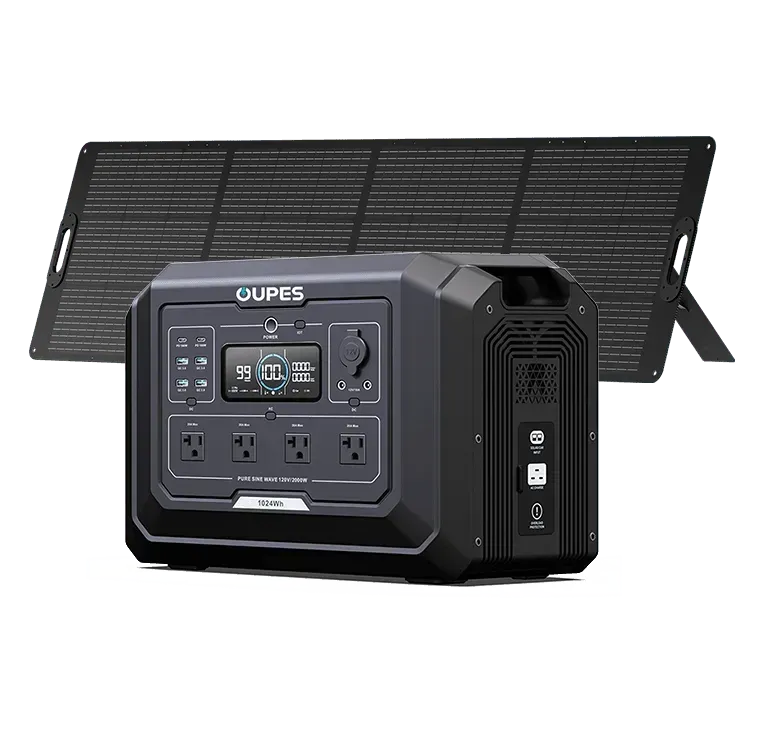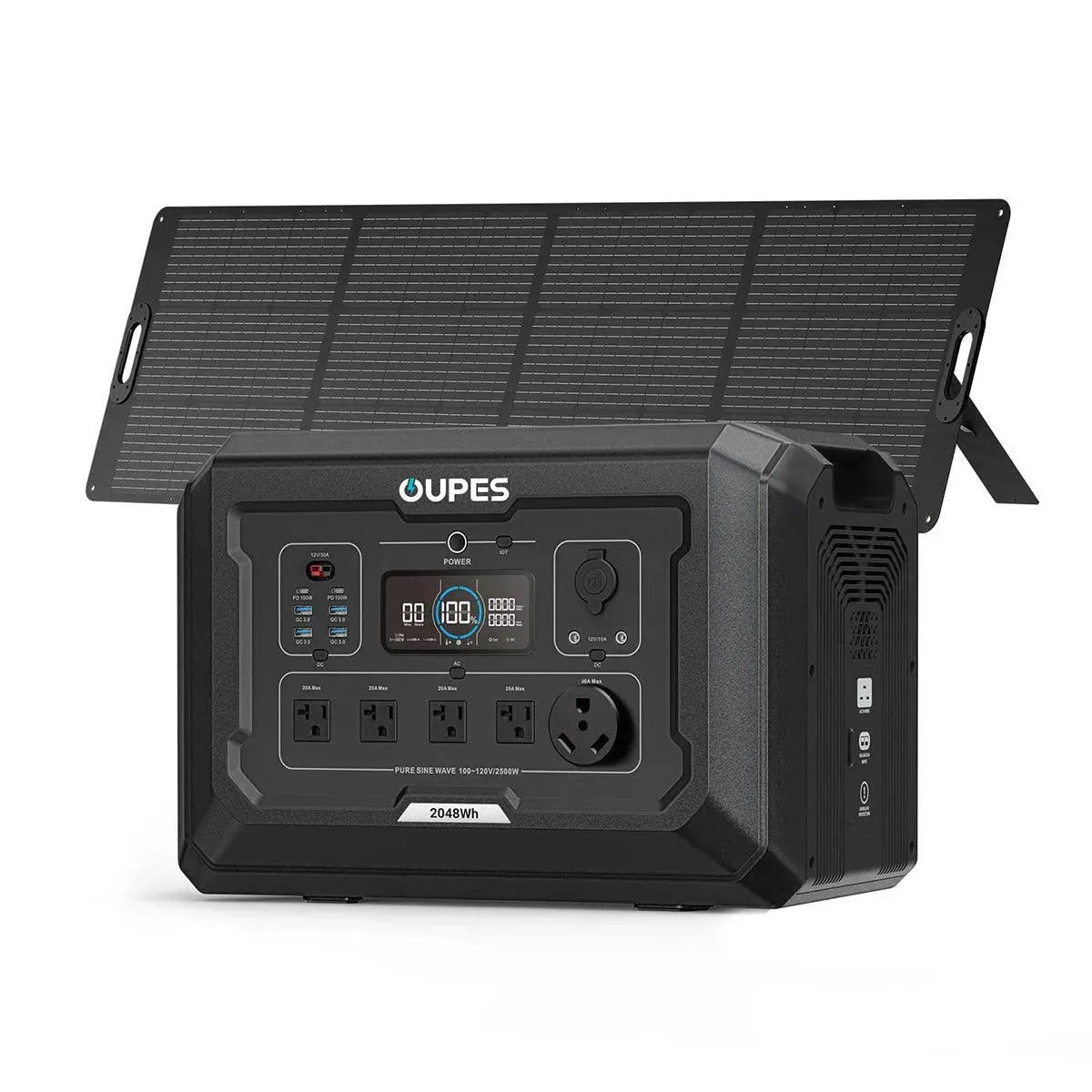
The dream of reducing reliance on the traditional power grid and harnessing clean, renewable energy is becoming a reality for many homeowners through the adoption of a solar power generator for home. Unlike smaller portable units, these systems are designed to provide substantial, sustained power for a significant portion, or even all, of your household's energy needs. This article explores the comprehensive aspects of integrating a dedicated solar power generator system into your home, highlighting its components, benefits, installation considerations, and the path to greater energy independence.
Understanding a Home Solar Power Generator System
A full-fledged solar power generator system for home use is a sophisticated integration of technology working in harmony to convert sunlight into usable electricity. While sharing core principles with portable units, these systems are scaled up for greater capacity and permanence:
- Solar Panels (Photovoltaic Arrays): These are the primary energy collectors, typically mounted on rooftops or ground arrays. They convert sunlight directly into direct current (DC) electricity. The number and efficiency of these panels determine the system's overall generation capacity.
- Charge Controller: This device regulates the voltage and current coming from the solar panels, ensuring the batteries are charged safely and efficiently, preventing overcharging and extending battery life.
- Battery Bank (Energy Storage): This is where the generated DC electricity is stored for later use, particularly during nighttime hours or cloudy days. Home systems often use large, deep-cycle lithium-ion batteries (LiFePO4 being a popular choice for safety and longevity) designed for consistent cycling.
- Inverter: This crucial component converts the DC power stored in the batteries (or directly from the panels during peak sun) into alternating current (AC) electricity, which is the standard for household appliances. Modern inverters are highly efficient and can manage complex energy flows.
- Monitoring System: Many advanced home solar generator systems include monitoring software and hardware, allowing homeowners to track energy production, consumption, battery levels, and system performance in real-time, often via a smartphone app.
Benefits of a Home Solar Power Generator System:
Investing in a dedicated solar power generator for your home offers a compelling array of advantages that go beyond simply having backup power:
- Energy Independence and Reduced Utility Bills: The most significant draw is the ability to generate your own electricity. This dramatically reduces, or even eliminates, your monthly utility bills, offering long-term financial savings and insulating you from rising energy costs.
- Environmental Impact: By choosing solar, you're embracing a clean, renewable energy source that produces zero greenhouse gas emissions during operation. This significantly reduces your carbon footprint and contributes to a healthier planet.
- Reliable Backup Power: In the event of grid outages, your home solar generator system seamlessly transitions to battery power, keeping your essential appliances, lighting, and critical systems running without interruption. This provides crucial peace of mind and safety.
- Increased Home Value: Homes equipped with solar power systems are increasingly attractive to buyers, often fetching higher resale values. They are seen as modern, energy-efficient, and future-proof.
- Eligibility for Incentives: Many governments and local authorities offer significant financial incentives, such as tax credits, rebates, and grants, to encourage solar adoption. These can substantially reduce the initial cost of installation.
- Low Maintenance: Once installed, solar systems require minimal maintenance, primarily occasional cleaning of panels and routine checks by professionals. There are no moving parts in the generation process, leading to high reliability.
Designing Your Home Solar Power Generator System:
Choosing the right solar power generator for your home involves careful planning and assessment of your specific energy needs:
- Energy Audit: Begin by understanding your household's average daily and peak electricity consumption. Reviewing past utility bills can provide valuable data. This determines the necessary size of your solar array and battery bank.
- Solar Panel Sizing: The wattage of your solar panels (e.g., 6kW, 10kW) should be sufficient to meet your daily energy needs and adequately charge your battery bank, considering local sunlight hours and panel efficiency.
- Battery Storage Capacity: Measured in kWh, the battery bank should store enough energy to power your critical loads during the night or extended periods of low sunlight. Consider how many days of autonomy you desire during an outage.
- Grid-Tied vs. Off-Grid vs. Hybrid:
- Grid-Tied: The most common, where your system is connected to the utility grid. You use solar power when available, and draw from the grid when not. Excess solar can often be sold back to the grid (net metering).
- Off-Grid: Completely independent from the utility grid. Requires a larger battery bank to ensure continuous power, as there's no grid backup. Ideal for remote locations.
- Hybrid: Combines grid connection with battery storage. Offers the best of both worlds – energy independence with the safety net of the grid. It can use grid power to supplement battery charging when solar is insufficient.
- Inverter Type: Considerations include string inverters, microinverters (for individual panel optimization), or hybrid inverters that manage both solar and battery power.
- Installation Location: Rooftop installations are common, but ground-mounted arrays might be an option if you have sufficient space and good sun exposure.
Installation and Maintenance:
Installing a home solar power generator system is a complex process that typically requires professional expertise. Qualified installers will handle:
- Site Assessment: Evaluating your home's roof or land for optimal sun exposure, structural integrity, and shading.
- Permitting: Navigating local regulations and securing necessary permits.
- System Design: Customizing the system to your energy needs and property specifics.
- Installation: Mounting panels, wiring the system, integrating the inverter and battery bank, and connecting to your home's electrical panel.
- Interconnection (for grid-tied systems): Working with your utility company to safely connect your system to the grid.
Once installed, maintenance is relatively low. Periodic cleaning of the solar panels (especially in dusty areas) and routine inspections by a professional are generally sufficient to ensure optimal performance and longevity.
The Future of Home Energy:
A solar power generator for your home is more than just an appliance; it's a strategic investment in your property, your financial future, and the environment. It provides resilience against power disruptions, significant long-term savings, and the profound satisfaction of contributing to a sustainable energy landscape. As technology continues to advance and costs decline, embracing a home solar power generator system is becoming an increasingly accessible and intelligent choice for modern living.




























